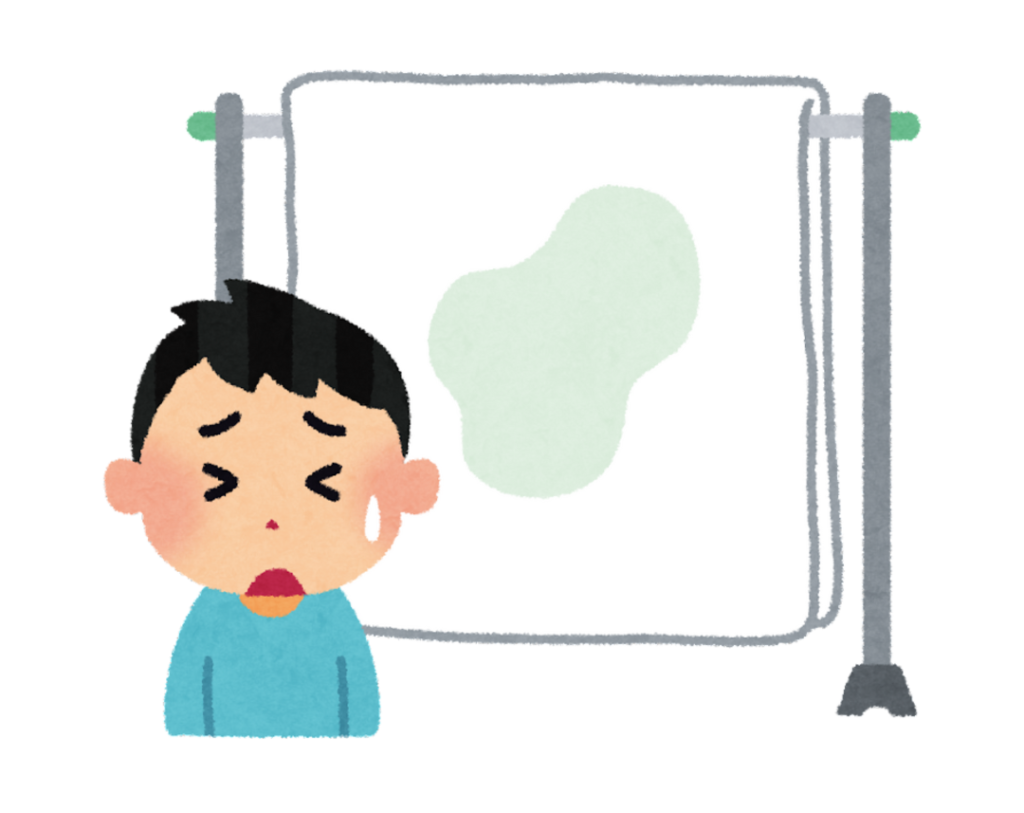
Bed Wetting Treatment In Delhi, India
Bed Wetting Treatment in Delhi is an important medical service for both children and adults who face involuntary urination during sleep. This condition, known as nocturnal enuresis, can lead to emotional stress, embarrassment, and frustration for individuals and their families. While many children naturally stop bed wetting by the age of five, ongoing or frequent episodes may need professional medical care. If your child or a loved one is dealing with repeated bed wetting, Dr. Vijayant Govinda Gupta, one of the leading urologists in Delhi, offers expert evaluation and customized treatment plans to help manage and treat the condition effectively.
Causes of Bed Wetting
Bed wetting can be caused by multiple factors, including:
Delayed Bladder Maturity – Some children take longer to develop control over their bladder.
Hormonal Imbalance – Insufficient production of antidiuretic hormone (ADH), which reduces urine production at night.
Overactive Bladder – An overactive detrusor muscle may lead to involuntary urination.
Urinary Tract Infections (UTIs) – Infections can cause frequent urination and a loss of bladder control.
Constipation – Pressure from the bowels can interfere with bladder function.
Genetic Factors – Family history can play a role in bed wetting.
Neurological Issues – Conditions like spinal cord abnormalities may affect bladder control.
Psychological Factors – Stress, anxiety, or major life changes can contribute to bed wetting.
When to Seek Medical Help
While occasional bed wetting is normal, it is advisable to consult a specialist if:
Bed wetting persists beyond 6 years of age.
It occurs suddenly after a dry period.
There are symptoms of pain, frequent urination, or excessive thirst.
The condition affects emotional or social well-being.
Wetting Treatment by Dr. Vijayant Govinda Gupta
Dr. Vijayant Govinda Gupta specializes in personalized bed wetting treatment in Delhi using advanced diagnostic tools and evidence-based therapies. The treatment plan includes:
1. Detailed Diagnosis
Dr. Gupta begins with a thorough medical history and physical examination. He may recommend:
Urine tests to rule out infections.
Ultrasound to assess bladder and kidney function.
Urodynamic studies for bladder function assessment.
2. Behavioral and Lifestyle Modifications
Bladder Training: Techniques to improve bladder control and increase capacity.
Scheduled Toilet Visits: Encouraging regular urination before bedtime.
Fluid Management: Limiting fluids before sleep without causing dehydration.
Bed Wetting Alarms: Devices that help condition the brain to wake up when the bladder is full.
3. Medications for Bed Wetting
For persistent cases, medications may be recommended, such as:
Desmopressin (DDAVP): Helps reduce nighttime urine production.
Anticholinergic Medications: To relax the bladder and improve control.
Tricyclic Antidepressants: Used in selected cases to regulate bladder function.
4. Treatment for Underlying Conditions
If bed wetting is linked to UTIs, constipation, or neurological disorders, Dr. Gupta addresses these issues to improve bladder control.
Curing bedwetting in children requires effort from parents.
Why Choose Dr. Vijayant Govinda Gupta for Bed Wetting Treatment in Delhi?
Expert Urologist with Extensive Experience
Patient-Centered Approach and Compassionate Care
Advanced Diagnostic and Treatment Modalities
Proven Track Record of Successful Outcomes
Child-Friendly Environment for Pediatric Patients
FAQ on Bed Wetting Treatment in Delhi, India
Bed wetting, medically known as nocturnal enuresis, is involuntary urination during sleep. It is common in children under 5 years but may persist beyond this age, requiring medical attention if it continues.
Bed wetting can be caused by several factors, including:
✔ Delayed bladder maturity
✔ Hormonal imbalance (low ADH production)
✔ Overactive bladder
✔ Urinary tract infections (UTIs)
✔ Constipation
✔ Genetic factors
✔ Neurological issues
✔ Psychological stress or anxiety
You should consult a urologist if:
- Bed wetting continues after 6 years of age
- It starts suddenly after a dry period
- There are signs of pain, frequent urination, or excessive thirst
- It causes emotional distress or social withdrawal
Dr. Gupta conducts a comprehensive diagnosis, which may include:
- Medical history and physical examination
- Urine tests to rule out infections
- Ultrasound to evaluate kidney and bladder function
- Urodynamic studies to assess bladder function
Dr. Gupta recommends:
- Bladder training – Gradually increasing bladder capacity
- Scheduled toilet visits – Encouraging urination before bedtime
- Fluid management – Reducing fluids before sleep without causing dehydration
- Bed wetting alarms – Conditioning the brain to wake up when the bladder is full
Conditions like UTIs, constipation, or neurological disorders can affect bladder control. Treating these underlying issues often improves bed wetting.
Yes, bed wetting alarms are highly effective in training the brain to recognize a full bladder and wake up to avoid accidents.
The approximate cost includes:
- Consultation (3 sessions): ₹1,500 (₹500 x 3)
- Basic Investigations: ₹1,500 – ₹2,000
- Medications: As per market price
- Alarm system: Rental or purchase at market price
- Parental care: Priceless
Dr. Gupta is a highly experienced urologist who offers:
- Personalized treatment plans
- Advanced diagnostic and treatment techniques
- A compassionate, child-friendly approach
- Proven success in managing and curing bed wetting cases

